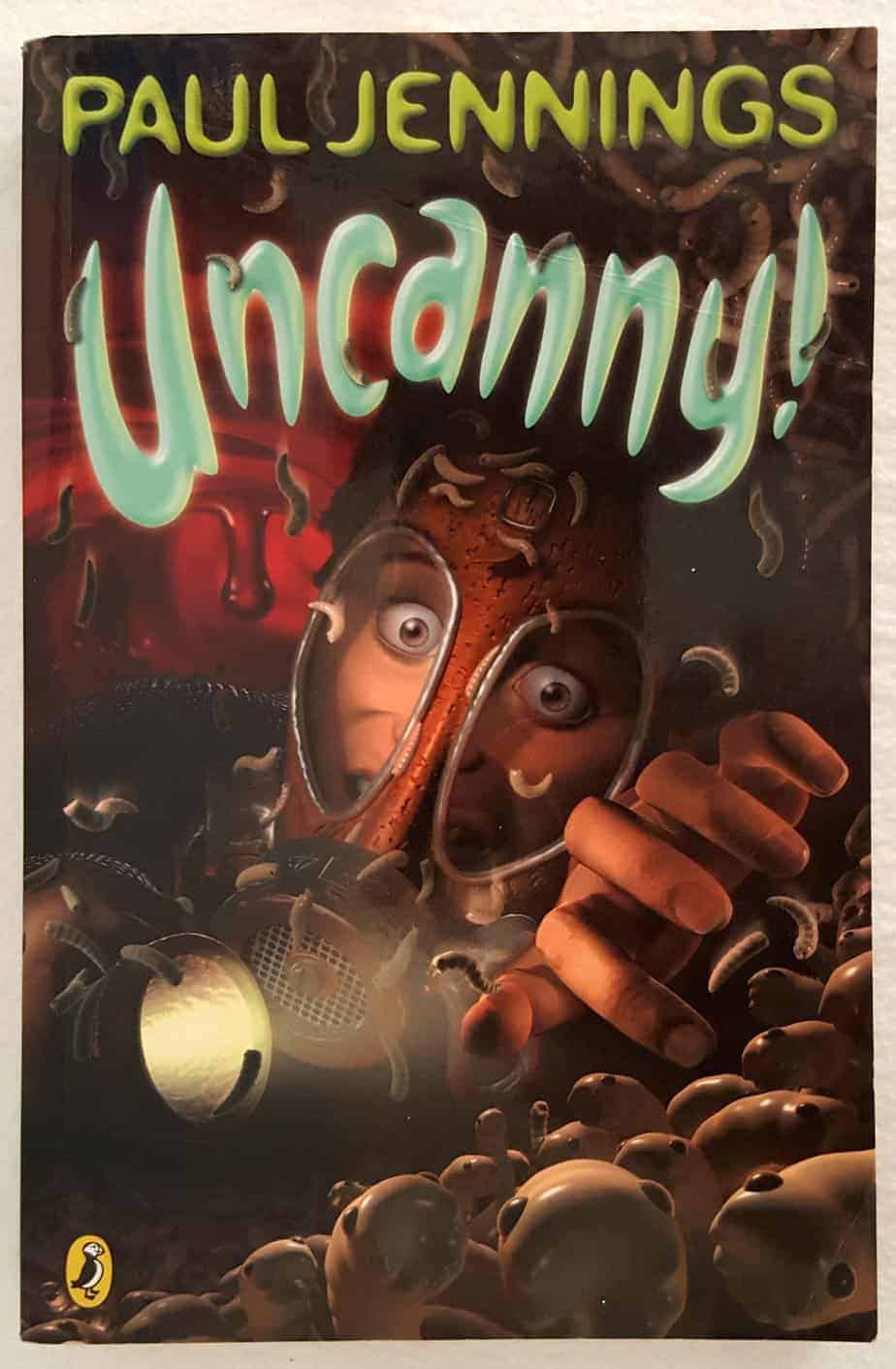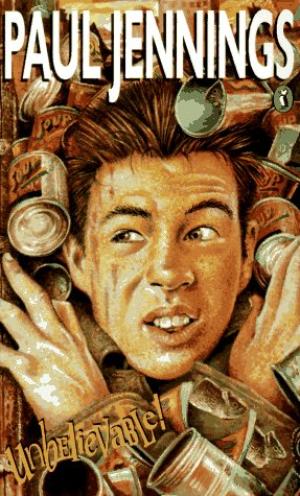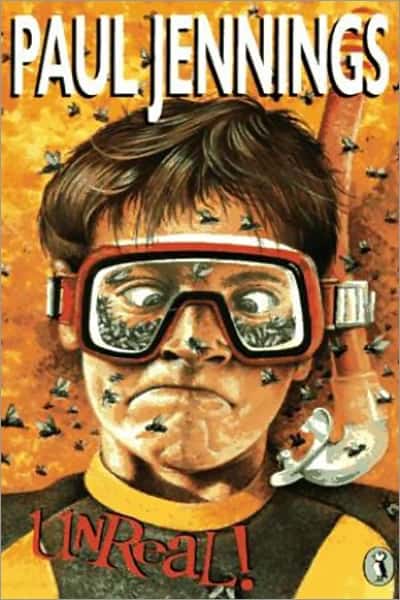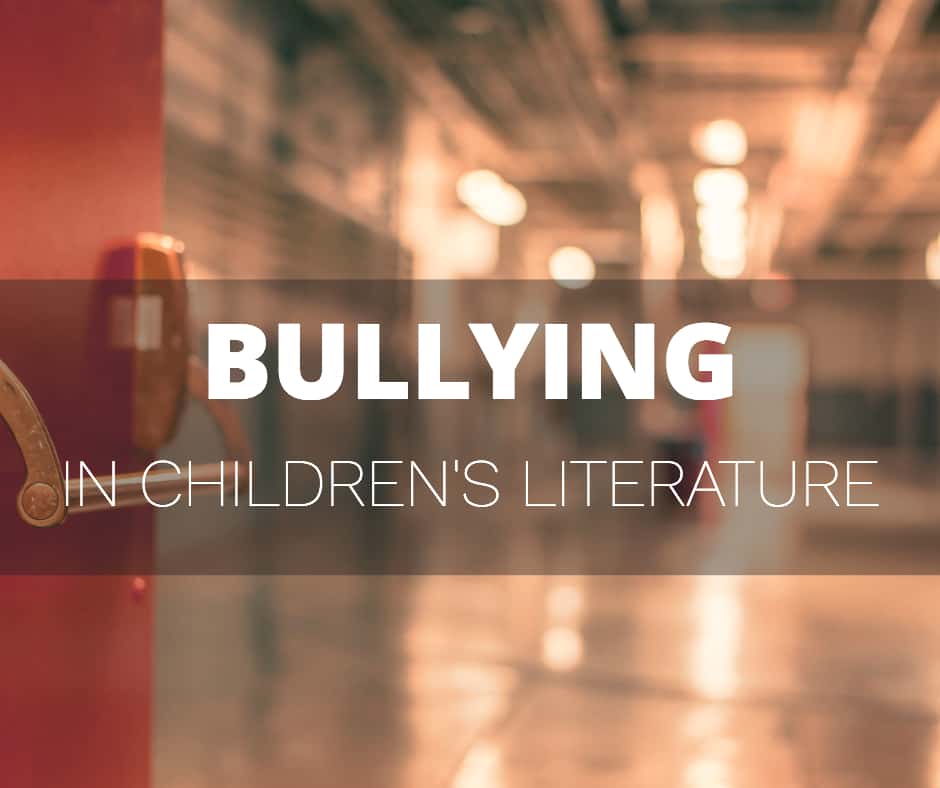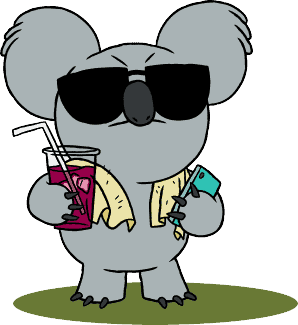-
Unmentionable by Paul Jennings
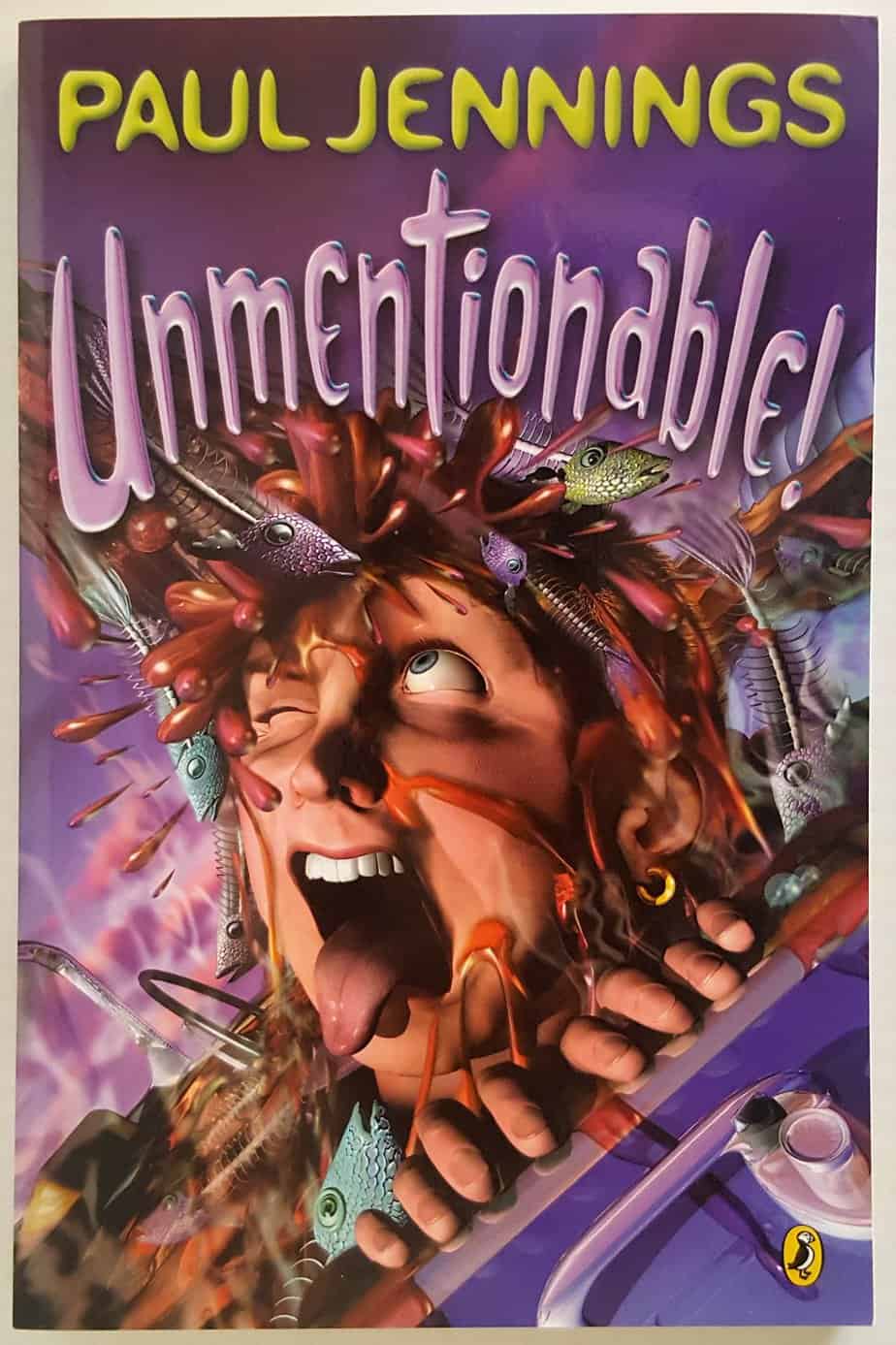
Unmentionable (1991) is a collection of 9 hi-lo short stories by iconic Australian author Paul Jennings. STORY STRUCTURE OF “ICE MAIDEN” In “Ice Maiden”, a boy falls in love with an ice statue, but he gets over his love for the ice once he meets a real girl. I have some sympathy for the phenomenon […]
-
Onomatopoeia, Mimesis and Children’s Literature

Someone in a children’s writing forum crowdsourced recently: What does a waterfall sound like? They were after an onomatopoeic sound. Some replied ‘trickle’. Others said ‘trickle’ is no good at all for a waterfall, as ‘trickle’ suggests a piddling amount of water. I don’t know what they decided, but I thought of my years learning […]
-
Introducing your character’s age in a children’s novel
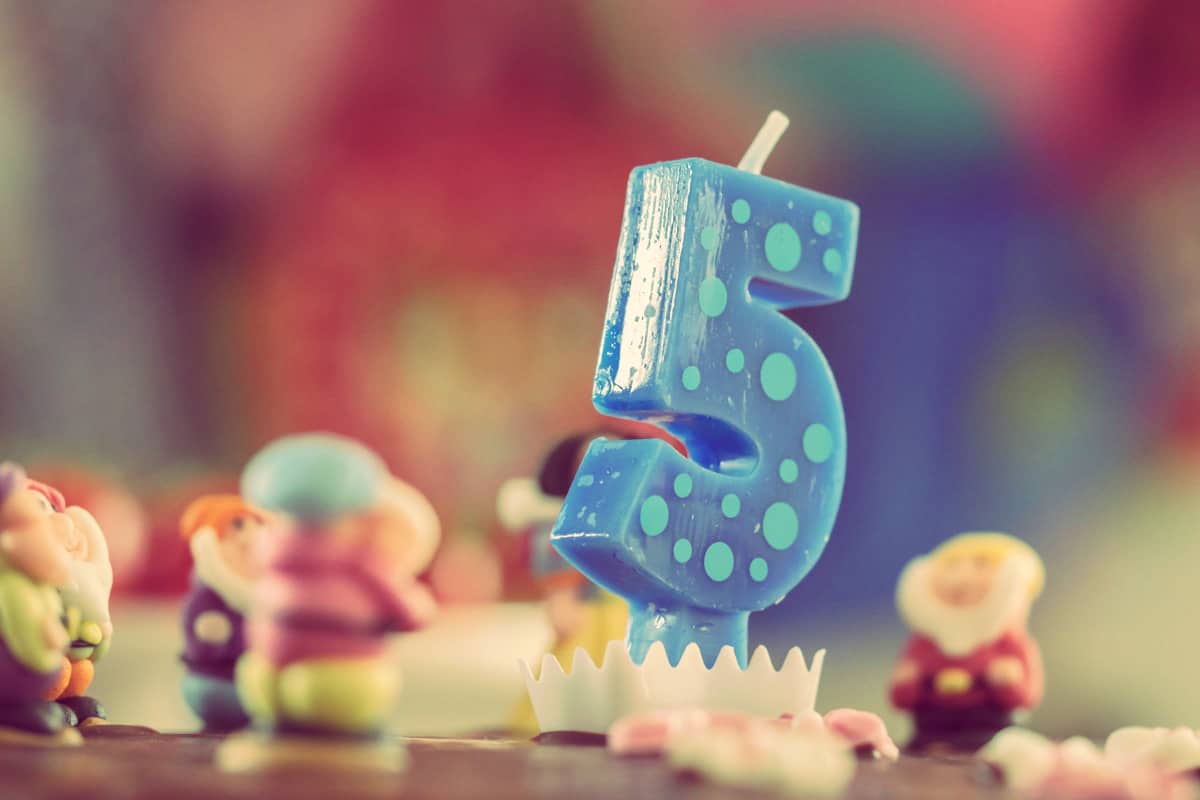
Readers want to know early on the age of a main character in a children’s book. In a (non-illustrated) book, we don’t have a visual before us. So character age is one of the most important things we need to know up front. How and when to convey that bit of information? I took a […]
-
I Kill Giants As Perfect Example Of Being-toward-death
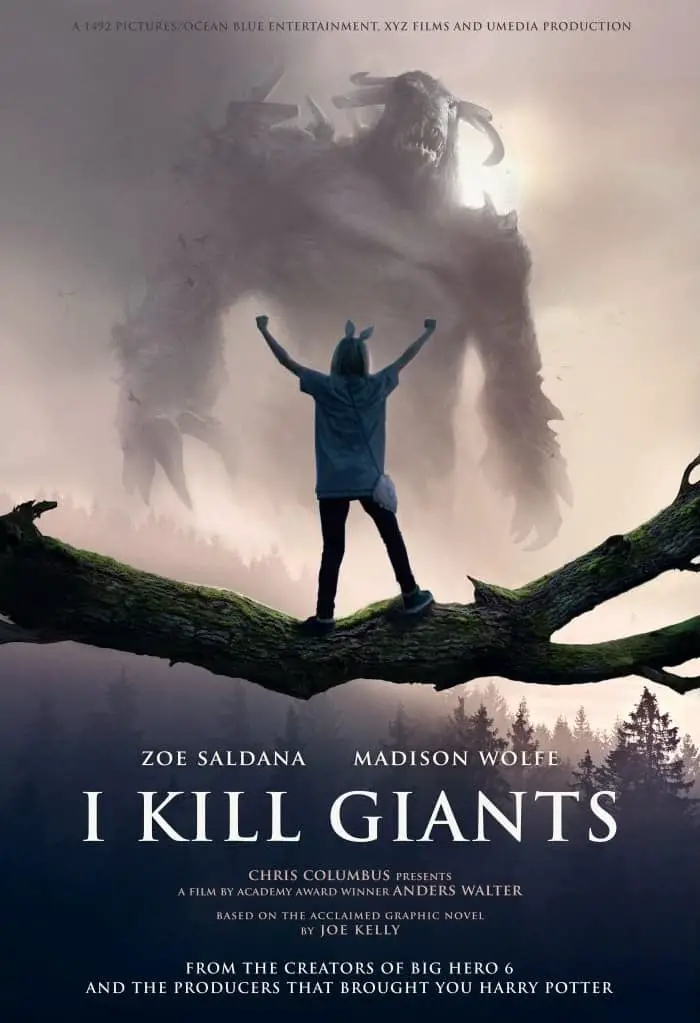
I Kill Giants is a film and comic book for an upper middle grade audience which functions as a perfect example of Heidegger’s Being-toward-death.
-
Father Christmas by Raymond Briggs Analysis
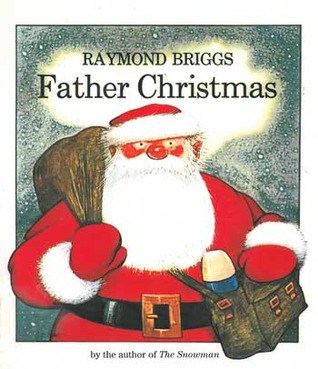
Some say that the very first British graphic novel was True Love (1981) by Posy Simmonds. Others would say it was Father Christmas by Raymond Briggs. This month I wrote a post on Teaching Kids How To Structure A Story. Earlier in the month I looked at a wordless picture book, The Snowman by Raymond Briggs. […]
-
The Woods At The End of Autumn Street by Lois Lowry
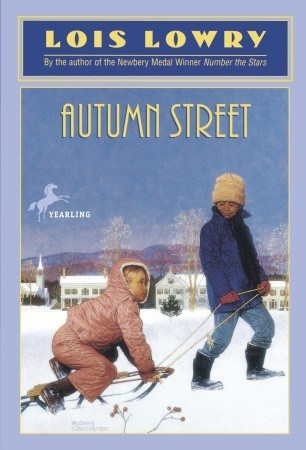
Lois Lowry is an American children’s author, best known for The Giver. The Woods At The End Of Autumn Street is an upper middle grade novel set in WW2 America. The following biographical information feels relevant to The Woods At The End of Autumn Street: Born in 1937, that makes Lois Lowry the same era/age as […]
-
Hair In Art and Storytelling
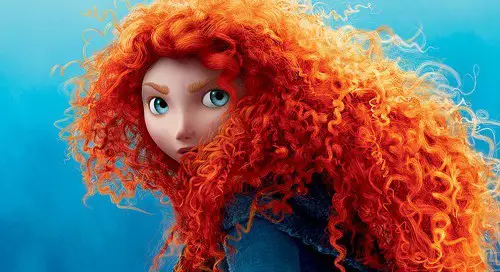
It’s stating the obvious to point out that, in children’s fiction, a character’s hair maps onto personality. But in continuing to use hair-personality shortcuts, are writers perpetuating stereotypes? Canadian teen actor Sophie Nélisse plays the title role, a young girl in foster care who we know is not terribly well-off emotionally because her hair is […]
-
Matilda by Roald Dahl Novel Study
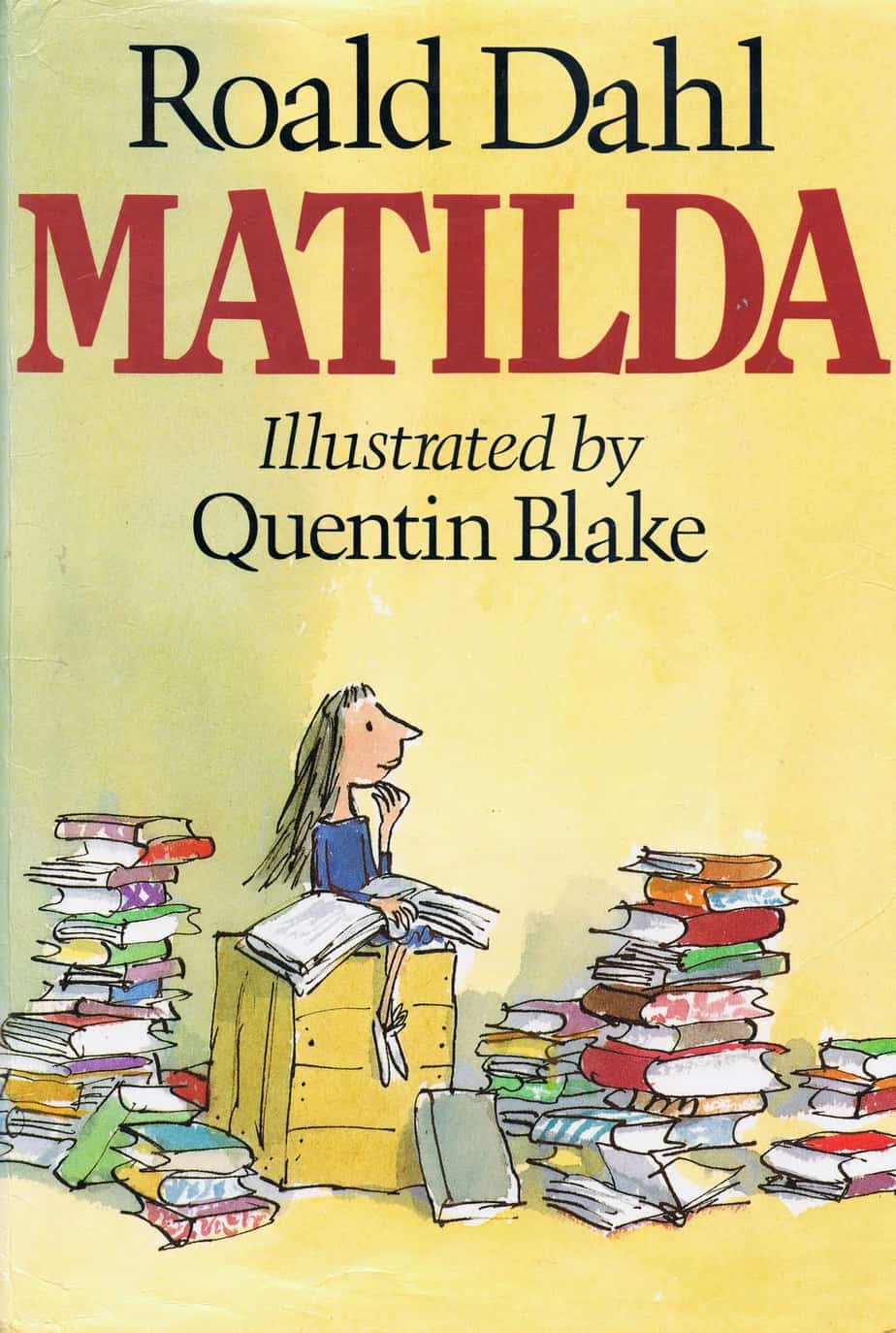
Matilda is a classic, best-selling children’s book first published in 1988. This story draws from a history of children’s literature such as classic fairytales and Anne of Green Gables. Matilda was written by Roald Dahl, but significantly improved by a talented editor and publisher, Steven Roxburgh. For half of his writing career, Dahl wrote for adults. […]
-
Popular Kids In Stories For Adolescents
Children’s literature is at the vanguard of change; ‘children are the future’ and all that. For children, ‘popular’ means something different. A NEW DEFINITION OF POPULAR My daughter is a Sims fan. As I ambled past the PC she announced that she’d discovered how to become popular on Sims 3. Since she’s a little too […]
-
The Influence of The Lovely Bones on Modern Literature
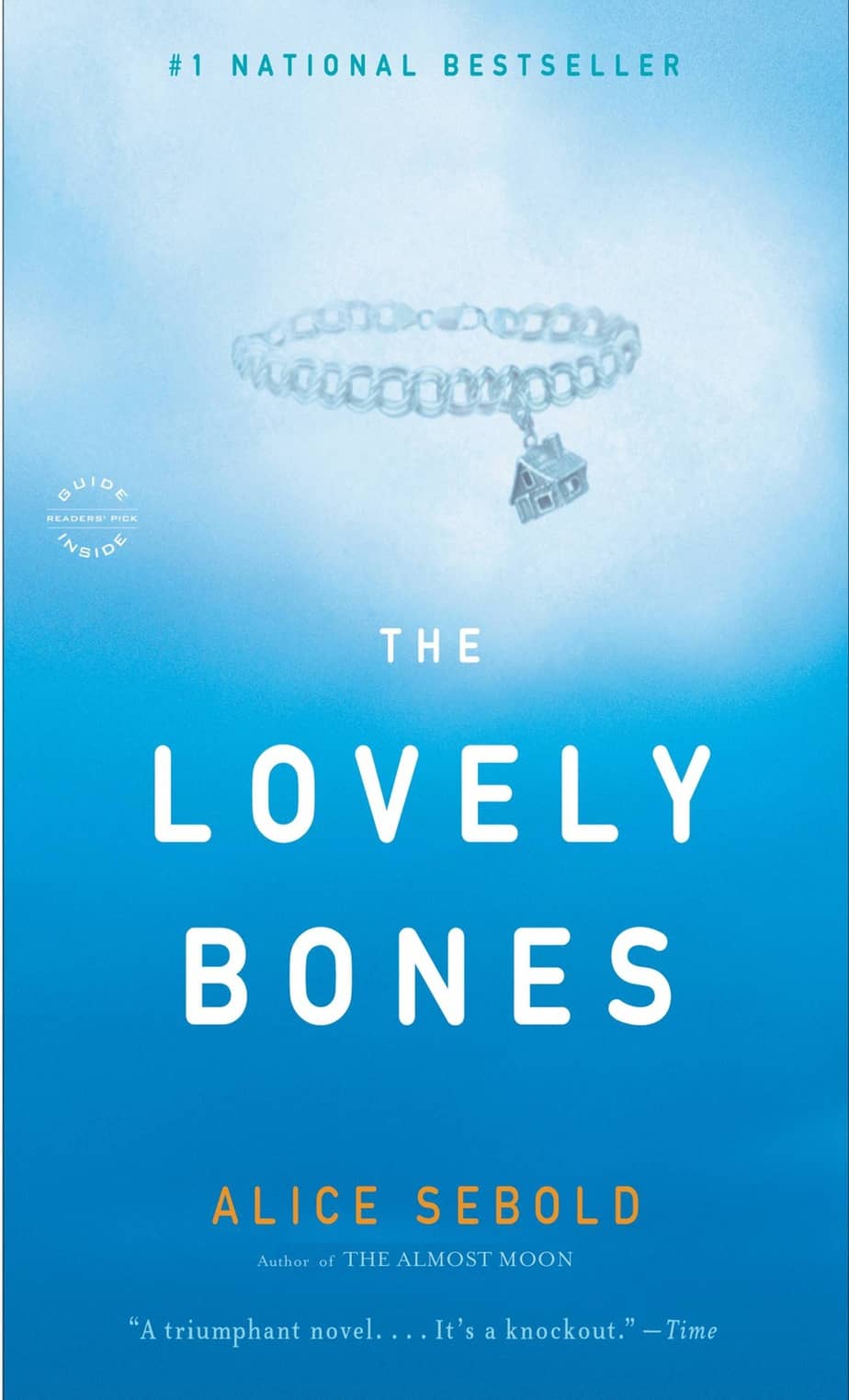
The emphasis in the First Golden Age [of children’s literature] was very much on being healthy in mind and body – if a child became sick, he or she usually got well as part of their story. Today’s reader has no such encouragement. There is an alarming trend in what has been termed “sick-lit” which […]
